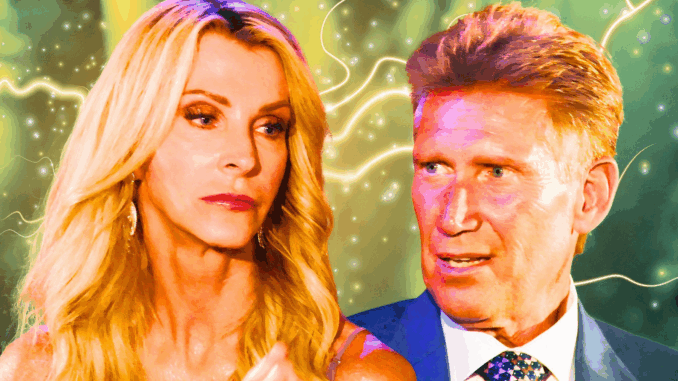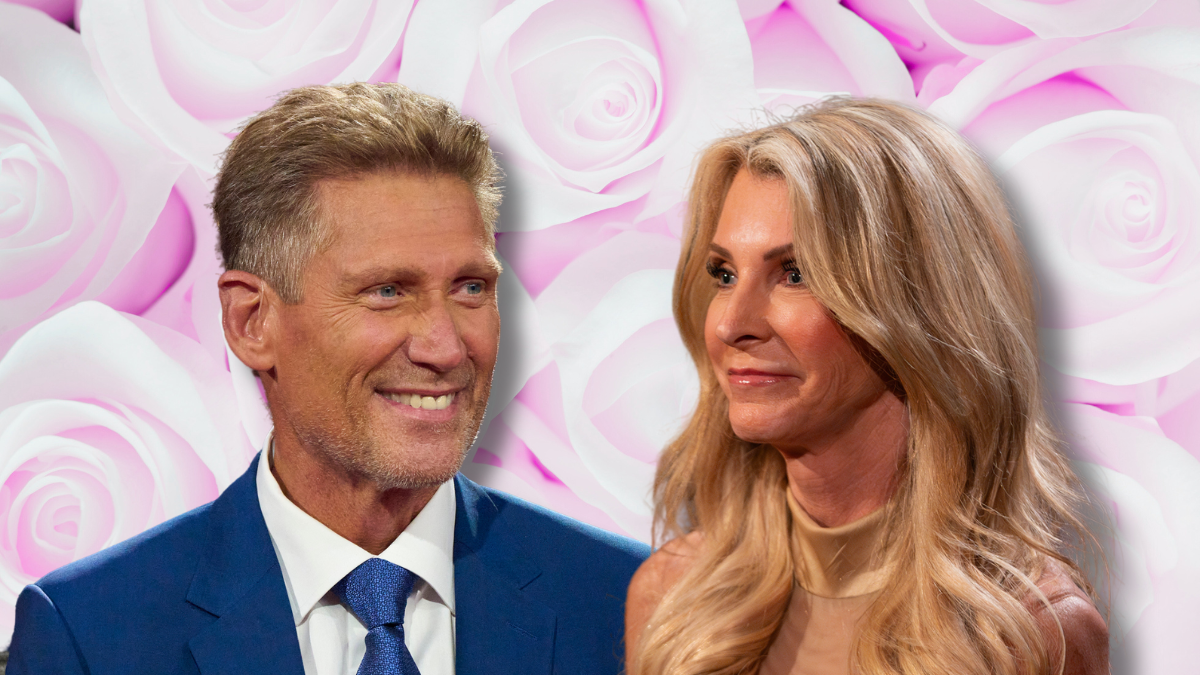
A Quiet Revolution in Prime-Time Television
When The Golden Bachelor first premiered, many assumed it was simply a clever twist on a familiar formula. But two seasons in, it’s become clear: the show has struck a deep, emotional chord with viewers over 50. For the first time in decades, audiences in this age group are seeing love stories that reflect their own journeys—not just in passing, but at the center of a prime-time network series.
The response has been nothing short of extraordinary.
A Show That Understands Its Audience
Unlike many reality dating shows that chase younger demographics with flashy drama and over-the-top antics, The Golden Bachelor offers a slower, more reflective pace. It prioritizes conversation over confrontation, emotional honesty over performative tears. And for its growing audience of older viewers, this is exactly what they’ve been waiting for.
Online forums and Facebook groups dedicated to the show have become virtual meeting spaces where fans in their 50s, 60s, and beyond connect over shared memories, romantic hopes, and even their own dating stories. One user on Reddit described the show as “a soft place to land after decades of watching people half our age act like love is a game show.”
Creating Space for Vulnerability
One of the reasons The Golden Bachelor resonates so deeply with its target demographic is the emotional vulnerability of its contestants. These aren’t people looking for fame—they’re looking for connection. Their stories include long marriages, difficult losses, adult children, and rediscovered dreams. And viewers see themselves reflected in every rose ceremony and heart-to-heart conversation.
ABC’s decision to cast individuals with life experience, gray hair, and grown-up wisdom is more than a ratings strategy. It’s a bold acknowledgment that love, loss, and longing don’t expire with age.
An Audience That’s Finally Center Stage

For decades, older audiences have been treated as a ratings afterthought, despite their consistent presence in viewership data. The Golden Bachelor flips that script. It doesn’t just include older people—it’s about them.
Viewers who may have tuned out of The Bachelor years ago now find themselves watching again, often with their partners or friends. Some have even started “watch parties” at retirement communities and church groups. In interviews, fans say they feel “seen” in a way they haven’t since shows like Golden Girls or Murder, She Wrote were weekly staples.
Younger Viewers Are Paying Attention, Too
Interestingly, the show’s resonance isn’t limited to older audiences. Many younger fans—particularly millennials and Gen Z—have expressed admiration for the show’s heart and authenticity. TikTok is filled with clips of contestants offering wise advice, charming moments of flirtation, and deeply human stories.
Some users describe it as “the most emotionally intelligent reality show on TV.” Others say it gives them hope about what love can look like later in life. That cross-generational appeal is rare—and powerful.
A Cultural Shift in Motion
Whether ABC intended it or not, The Golden Bachelor is contributing to a larger cultural shift. It’s challenging the idea that romance belongs only to the young. It’s pushing back on the invisibility often experienced by older adults in entertainment. And it’s doing it with empathy, style, and surprising emotional depth.
Television critic Nora Ellis summed it up best in her column for The Atlantic: “In a landscape of loud, flashy television, The Golden Bachelor whispers—and in doing so, it’s being heard more clearly than anyone expected.”
Looking Ahead
As the show continues into its second season, producers and fans alike are hopeful that this is just the beginning. With talks of similar formats for different age groups or spinoffs that further explore love in later life, The Golden Bachelor could very well become a long-standing franchise that redefines reality TV for generations to come.
One thing is certain: viewers who’ve long felt left out of the love story are finally front and center—and they’re not letting go.